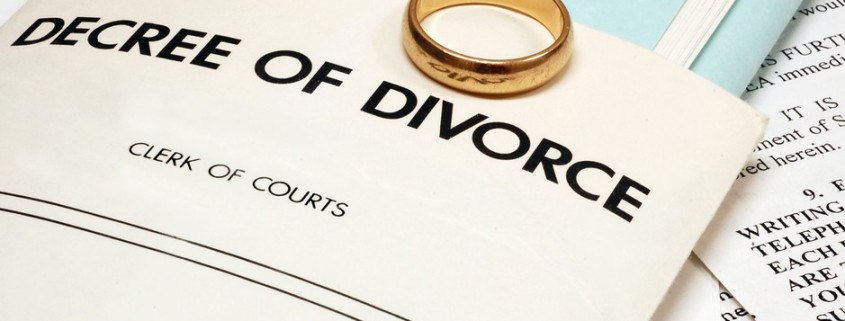My Divorce Judgment Says My Ex Has to Pay a Joint Credit Card Debt, Why is the Bank Coming After Me?
I get calls from people who are being sued by banks or other creditors for joint debts that their ex spouse agreed to pay as part of their divorce. The question they ask: “If the divorce judgment says my ex is supposed to pay this debt, why is the bank coming after me?” They assume that since the divorce judgment says their ex has to pay the debt, they are no longer responsible.
A recent decision of the Michigan Court of Appeals illustrates a common misconception concerning the division and assumption of debts and liabilities in divorce judgments. The facts: Rod and his ex-wife, Kimberly, obtained a home equity loan from their credit union in 2003. In October 2011, the credit union sued them for nonpayment. The trial court entered default judgments against Kimberly and Rod in 2012. A few months after, Kimberly and Rod divorced. Their divorce judgment ordered Kimberly to pay the credit union debt and indemnify Rod against the debt. In June 2013, the trial court issued a writ of garnishment against Rod. Rod objected to the writ on the basis that Kimberly assumed the debt in the divorce judgment, which Rod argued absolved him of any liability on the debt. After a hearing, the trial court sustained Rod’s objections, holding that the divorce judgment precluded the credit union from seeking garnishment against Rod.
Now, most of you are probably thinking “that sounds right.” After all, Kimberly agreed to pay the debt, why should Rod be liable. On appeal, the Court of Appeals reversed the trial court, finding that Rod was still liable on the credit union debt though Kimberly had agreed to pay it. How can that be?
Well, like a lot of legal issues, it’s complicated. You see, the credit union was not a party to Rod and Kimberly’s divorce. And because of that, the credit union was not bound to the terms of their divorce judgment. Legally, BOTH Rod and Kimberly were still liable to the credit union, regardless of the terms of the divorce judgment.
Rod does have a remedy: the divorce judgment’s indemnity clause. An indemnity clause shifts the loss from the party forced to pay a debt (Rod) to the party who should have paid it (Kimberly). Rod has the right to sue Kimberly to reimburse him for any money he may have to pay the credit union.
So, what does this all mean for you?
- First, even though your ex agreed to assume payment of a joint debt, that agreement doesn’t absolve you of your liability as to the creditor holding the debt. If your ex defaults on the payments, the creditor can still go after you for full payment.
- Second, indemnity clauses in divorce judgments are important. If your ex stops making the payments and the creditor sues you, you can go after your ex to reimburse you for your loss. An indemnity clause may still be enforceable if your ex files bankruptcy.
- Third, be vigilant. The time to find out your ex has stopped paying a debt is not when the process server is pounding on your door. Keep an eye on your credit report to see if your ex has been paying late, or or has stopped paying altogether. You can take your ex to court to enforce the agreement before the creditor comes calling.
The case is DFCU v Monts. You can access the Court of Appeals opinion here.



